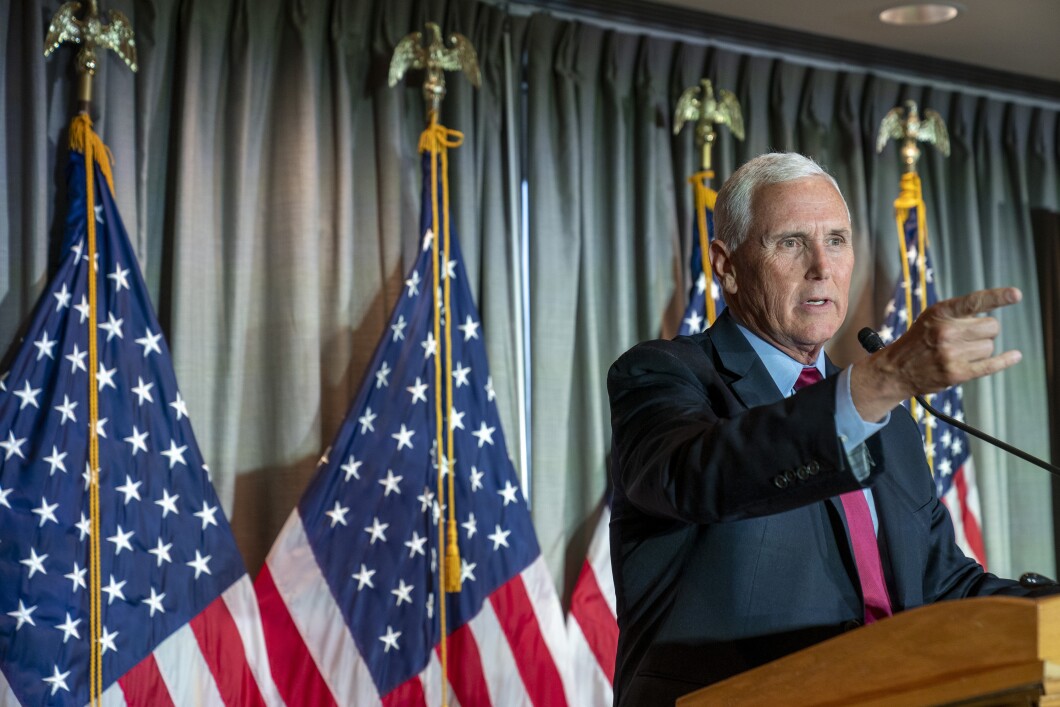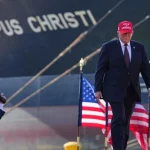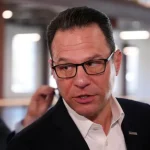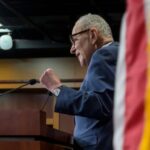
A former judge and one-time informal adviser to Mike Pence threw doubt on a novel legal strategy the former vice president is using to avoid a subpoena.
J. Michael Luttig, a former judge on the U.S. 4th Circuit Court of Appeals, expressed skepticism on Twitter this week about Pence’s argument that he is protected by Congress’s “speech or debate clause.” Luttig said the role Pence played on Jan. 6, 2021, as he counted Electoral College votes was “an essentially ministerial role.”
MIKE PENCE TO FIGHT SPECIAL COUNSEL SUBPOENA USING UNIQUE LEGAL ARGUMENT
“It is an unsettled question of constitutional law whether a Vice President of the United States possesses qualified Speech or Debate Clause privileges and protections when he or she serves, in accordance with the Twelfth Amendment, as President of the Senate,” Luttig wrote.
Pence’s legal team said this week that the former vice president is planning to not comply with a subpoena issued by special counsel Jack Smith, who is investigating the role then-President Donald Trump played in the Jan. 6 riot at the Capitol.
Several other witnesses, including people who were called to testify before the now-defunct Jan. 6 committee, attempted to defy subpoenas by invoking executive privilege. They argued that conversations they had with the president should be considered confidential.

On the other hand, Pence has declined to go down that legal path. Instead, he has consistently argued that Congress and investigators had no right to his testimony based on separation of power grounds.
“He thinks that the ‘speech or debate’ clause is a core protection for Article I, for the legislature,” one of the two people familiar with Pence’s thinking said this week. “He feels it really goes to the heart of some separation of powers issues. He feels duty-bound to maintain that protection, even if it means litigating it.”
The former vice president might be convinced his role on Jan. 6 as a member of Congress — the vice president serves as the president of the Senate — means the “speech or debate” clause covers him. But Luttig isn’t convinced the protection is as broad as Pence’s legal team is suggesting.
“If a Vice President possesses such privileges and protections with respect to this Joint Session, they are few in number and limited in scope, reflecting the relatively — and comparatively — few circumstances in which there would be constitutionally legitimate need, reasons, and justification for such privileges and protections,” Luttig wrote.
When Pence stood in the Capitol on Jan. 6 to count Electoral College votes and certify the election for President Joe Biden, he was performing an “essentially ceremonial role.”
Luttig argued that when counting votes, the vice president is serving “independently” of the Senate, House, and executive branch “if they are not the incumbent President and Vice President.”
“This independence is in contrast, for example, to when the Vice President casts the deciding vote on legislation or presidential appointments,” he wrote.
CLICK HERE TO READ MORE FROM THE WASHINGTON EXAMINER
Even if the “speech or debate” clause did cover Pence, Luttig said a criminal investigation would override it.
“If there are privileges and protections enjoyed by a Vice President when he or she serves as the President of the Senate during the Joint Session to count the electoral votes, those privileges and protections would yield to the demands of criminal process.”






